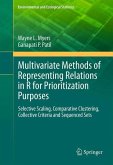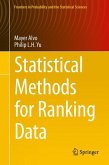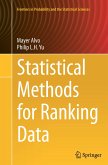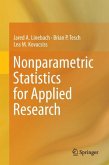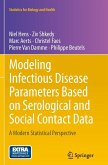This book provides axioms of partial order and some basic material, for example consequences of "criss-crossing" of data profiles, the role of aggregations of the indicators and the powerful method of formal concept analysis. The interested reader will learn how to apply fuzzy methods in partial order analysis and what 'antagonistic indicator' means.
From the reviews:
"The main aim of the book is to introduce the modern tools and methodologies of the so-called partial order ranking for prioritization of objects by many different characteristics. ... is addressed to graduate students and specialists in environmental, ecological, and other applied sciences requiring ordering and prioritization of many objects by numerous characteristics. ... these new methods of partial order analysis can be insightful and useful, and extend the regular tool-kit of statisticians applying more conventional methods of PCA, factor analysis, data clustering, and segmentation." (Stan Lipovetsky, Technometrics, Vol. 54 (2), May, 2012)
"The main aim of the book is to introduce the modern tools and methodologies of the so-called partial order ranking for prioritization of objects by many different characteristics. ... is addressed to graduate students and specialists in environmental, ecological, and other applied sciences requiring ordering and prioritization of many objects by numerous characteristics. ... these new methods of partial order analysis can be insightful and useful, and extend the regular tool-kit of statisticians applying more conventional methods of PCA, factor analysis, data clustering, and segmentation." (Stan Lipovetsky, Technometrics, Vol. 54 (2), May, 2012)


